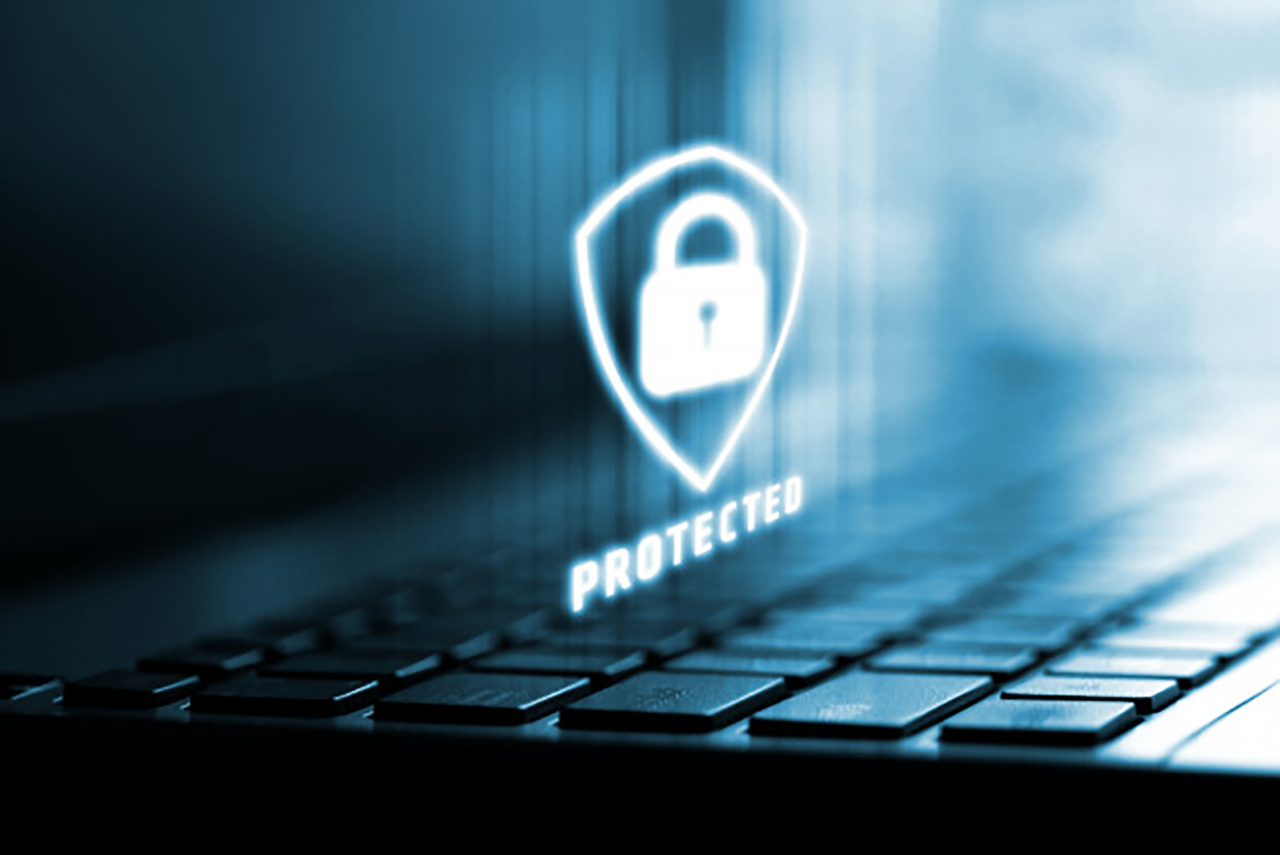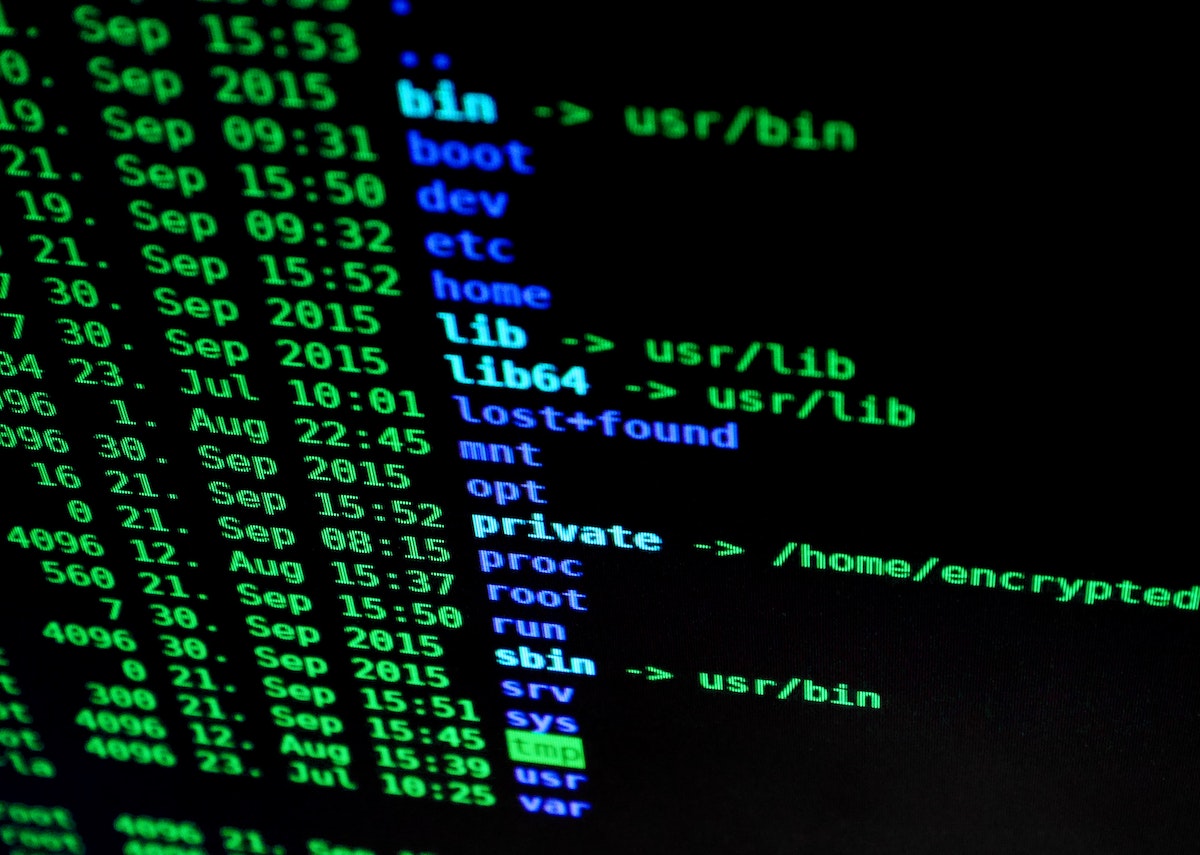Cybersecurity Risks Associated With Work From Home Culture
Share

A large number of people have adapted to the new work from home culture introduced in response to the unexpected pandemic that has dramatically changed our lives. Therefore, making it necessary to isolate ourselves. There would be many potential disturbances that you might have to face, as you cannot expect the atmosphere of homes to be the same as your office. You might have to struggle to find a quiet space to make a call or get urgent work done.
We see the boundaries between work and personal life breaking down with business operations being handled with home ISPs, using unmanaged printers and routers, the noise of home appliances in the background and spouses, and children listening in on official conversations and sharing the machines. It is never going to be easy.
The new work culture has paved the way for new cybersecurity threats. The attackers are launching old attack strategies again as we have become more vulnerable. New scams are coming up every day and they target on our desires to get supplies, avoid COVID-19 infection, and recover fast if infected. Traditional security measures that have been proven successful for several years cannot guarantee full protection to remote staff. It is high time we start tightening our security measures to ward off attackers.
The most important thing that you have to know about a security strategy is that you cannot do everything you wish to do. Security cannot eliminate all risks and it is not necessarily required as well, primarily because all threats do not have an equal likelihood. All threats will not be equally dangerous and will not be exploited altogether. Discuss the potential risks early and realize that the risks that are possible today may not be the risks that you might face next week.
Here are 4 major risks businesses have to face during the COVID-19 period.
Possibility For Hackers Manipulating VPNs
In order to extend encrypted networks into our homes, many businesses are depending on VPNs. However, compromised hardware and home networks infected with malware can be exploited to launch attacks through a machine with a VPN terminal. A compromised identity or machine makes it easy for attackers to gain entry through the VPN. This is especially true when the behavioral baseline in the backend is undergoing constant changes. Once the VPN is active, ensure that there are proper authentication and endpoint integrity checking.
The VPN has numerous vulnerabilities that require internalizing. It is never a good idea to place blind trust in VPNs. Many applications that are relevant to the new IT infrastructure also have several vulnerabilities. This should not trigger panic but it means that you have to discuss with your vendors about plans for patching and failover. Keep in mind that vendors are also going through a tough time attempting to adapt to the changing situations. But that should not stop you from starting the dialogue now. Keep regular contact with your software and hardware providers to ensure that all the policies and configurations are in order, be it VPN, identity, and endpoint solutions.
Attacks Targeting Endpoints And Then Mobile
Give first priority to the recovery of critical business processes and later focus on mobile, which is the most ubiquitous and often the most influential platform in our lives. When employees have to learn new devices and applications, they turn to their mobile phones more because of their familiarity with it. Most companies have formulated policies mentioning what can and cannot be done with mobile phones. If you haven’t made them already, it is high time you do it.
Information Can Be Turned Into Lethal Cyber Weapons
On checking the nature and frequency of cyber attacks over the past few weeks, we realize that attackers have started taking advantage of human weaknesses more than ever. They are making the best use of the difficult situation in the wrong way. Take for instance a malicious mobile application developed by hackers recently. The application posed as a legitimate app developed by the WHO. People who mistook the malicious app for the original WHO app downloaded it. Once the app is installed on our devices, it automatically downloads the Cerebus banking Trojan that steals sensitive data. Earlier, attackers had to take diverse interests into account to plan an attack. But things are different now, with the whole world threatened by COVID-19. It is only through raising awareness and education that we can defend ourselves from cyber-attacks in a trying time like this.
Vulnerability Of The Physical Location
The machines that employees take home for work or home machines they use for work sit in an altogether different space when compared to offices. The communication and processing system of an average home is much more complex when compared to small companies. Your system sits in the middle of routers, foreign machines, gaming consoles, printers, and home automation, all of which attributes to the complication of the physical space where your system is.
Employees might be taking conference calls with clients while sitting close to family members. It comes to the privacy of employee homes, that you cannot take anything for granted as it may have serious consequences. Formulating simple policies to ensure privacy and security is quintessential. Companies should have a clear idea about whether or not employees should use a camera for team meetings, whether to use earphones, take notes on paper, or digital applications. Companies should inform employees about communication applications that they find acceptable and the method of handling viewed or created IP or PII. The chances of an intruder overhearing the official discussions or seeing the notes of meetings should not be ignored.




